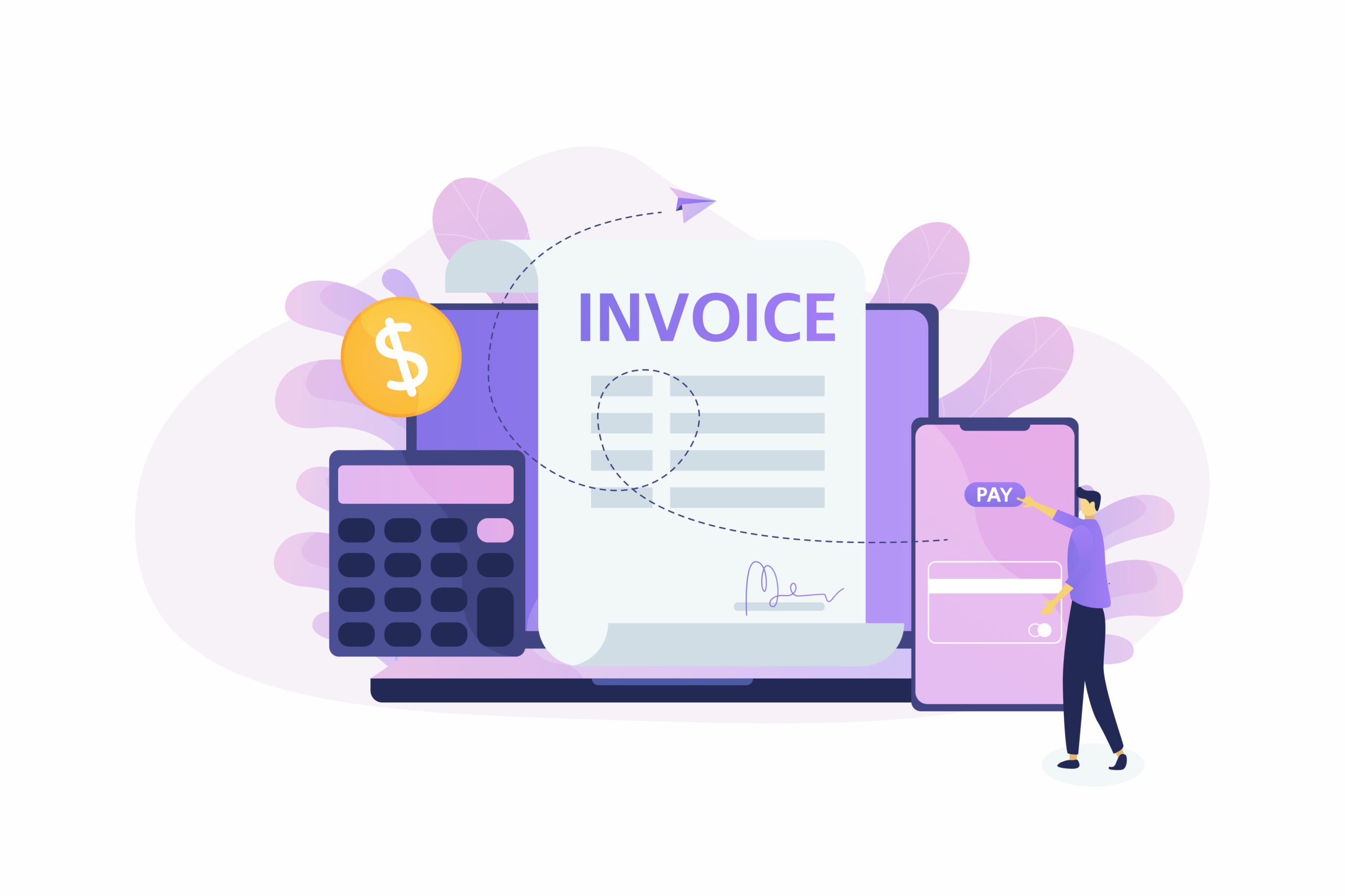Why X suspended journalist Ken Klippenstein for sharing a hacked document on JD Vance
Journalist Ken Klippenstein was deemed by X to have crossed a line when he shared a link to a dossier about Ohio Sen. JD Vance. That has resulted in a ban from the social media platform, and prompted questions over company owner Elon Musk’s supposed neutrality over when and how he intervenes over questionable content. The dossier, which Klippenstein published on Substack and linked to via his X account, reportedly came from a hack of the Trump campaign believed to have been launched by Iran, and contains details the campaign supposedly checked while vetting Vance prior to his selection as vice presidential nominee. The document includes information about Vance, including his personal address and part of his Social Security number. That data is what X took issue with, according to a company spokesperson. “Ken Klippenstein was temporarily suspended for violating our rules on posting unredacted private personal information, specifically Sen. Vance’s physical addresses and the majority of his Social Security number,” the spokesperson tells Fast Company. The X spokesperson declined to clarify on the timeline of the ban, and Klippenstein himself did not respond to a request for comment. Liam McLoughlin, a social media researcher at the University of Liverpool, says it’s clear here that “Elon Musk has taken a politically motivated approach to content moderation.” McLoughlin cites as evidence to support that claim the fact that Musk has previously promoted the Twitter Files, dossiers of information obtained under similar means to Vance’s dossier that were heavily hyped shortly after Musk assumed control of the company (then called Twitter). Musk has in the past also criticized the social network for banning the distribution of hacked materials about Hunter Biden, which included medical details and personal images. Musk has also previously railed against what he called “real time doxxing” of his location—by which he meant the existence of the @ElonJet profile, which used publicly available flight tracking data to see where the billionaire was flying to and from. @ElonJet was banned from Twitter early into Musk’s ownership of the platform, and some users who shared links to its off-Twitter presence were also temporarily banned. Musk’s latest decision needs to be considered in that light, some argue. “At best, it’s an inconsistent approach to moderation and his own personal values,” says McLoughlin. “At worst, it’s a clear sign that he views content moderation as not about protecting the platform and users, but as a tool of political editorialization.” That could pose a risk for X in the long run, reckons McLoughlin—because any editorialization could open up allegations that the platform is shunning its protection under Section 230, which indemnifies platforms for the content posted by their users. “If platforms become editorialized and seek to present a small window of acceptable political content, regulators may start to consider options to view them as publishers and hold them liable for content on their platforms,” he says.

Journalist Ken Klippenstein was deemed by X to have crossed a line when he shared a link to a dossier about Ohio Sen. JD Vance. That has resulted in a ban from the social media platform, and prompted questions over company owner Elon Musk’s supposed neutrality over when and how he intervenes over questionable content.
The dossier, which Klippenstein published on Substack and linked to via his X account, reportedly came from a hack of the Trump campaign believed to have been launched by Iran, and contains details the campaign supposedly checked while vetting Vance prior to his selection as vice presidential nominee.
The document includes information about Vance, including his personal address and part of his Social Security number. That data is what X took issue with, according to a company spokesperson.
“Ken Klippenstein was temporarily suspended for violating our rules on posting unredacted private personal information, specifically Sen. Vance’s physical addresses and the majority of his Social Security number,” the spokesperson tells Fast Company. The X spokesperson declined to clarify on the timeline of the ban, and Klippenstein himself did not respond to a request for comment.
Liam McLoughlin, a social media researcher at the University of Liverpool, says it’s clear here that “Elon Musk has taken a politically motivated approach to content moderation.”
McLoughlin cites as evidence to support that claim the fact that Musk has previously promoted the Twitter Files, dossiers of information obtained under similar means to Vance’s dossier that were heavily hyped shortly after Musk assumed control of the company (then called Twitter). Musk has in the past also criticized the social network for banning the distribution of hacked materials about Hunter Biden, which included medical details and personal images.
Musk has also previously railed against what he called “real time doxxing” of his location—by which he meant the existence of the @ElonJet profile, which used publicly available flight tracking data to see where the billionaire was flying to and from. @ElonJet was banned from Twitter early into Musk’s ownership of the platform, and some users who shared links to its off-Twitter presence were also temporarily banned.
Musk’s latest decision needs to be considered in that light, some argue. “At best, it’s an inconsistent approach to moderation and his own personal values,” says McLoughlin. “At worst, it’s a clear sign that he views content moderation as not about protecting the platform and users, but as a tool of political editorialization.”
That could pose a risk for X in the long run, reckons McLoughlin—because any editorialization could open up allegations that the platform is shunning its protection under Section 230, which indemnifies platforms for the content posted by their users. “If platforms become editorialized and seek to present a small window of acceptable political content, regulators may start to consider options to view them as publishers and hold them liable for content on their platforms,” he says.






















